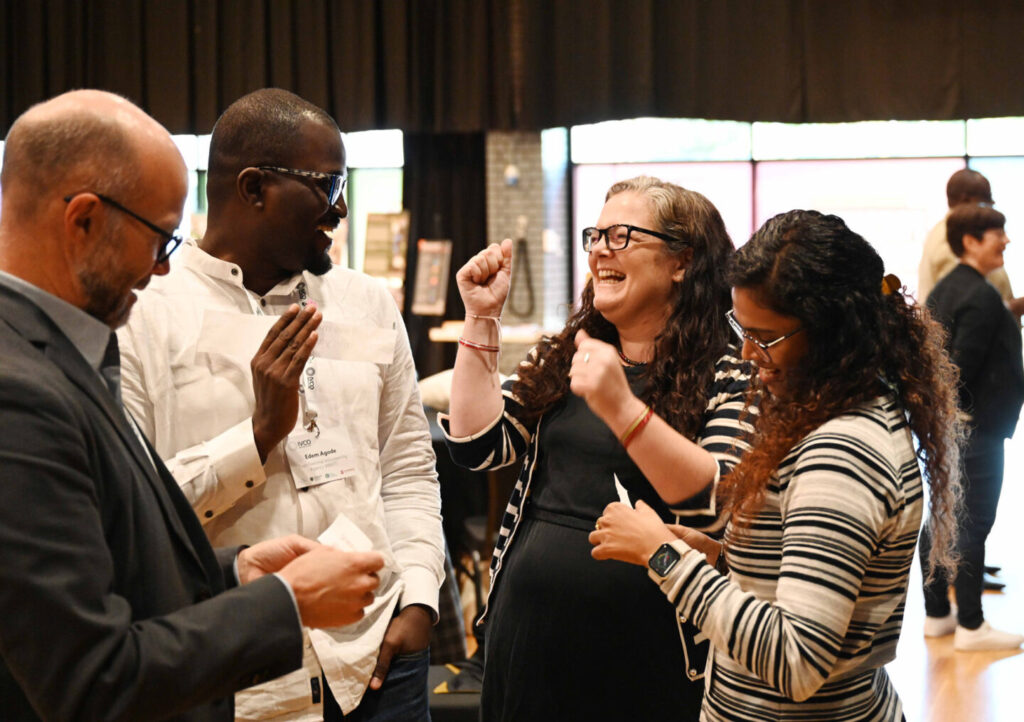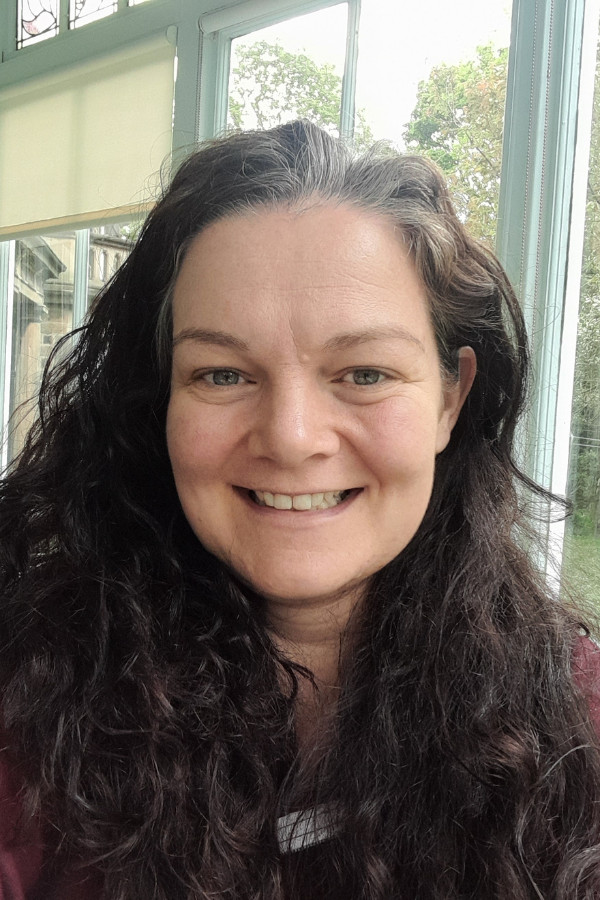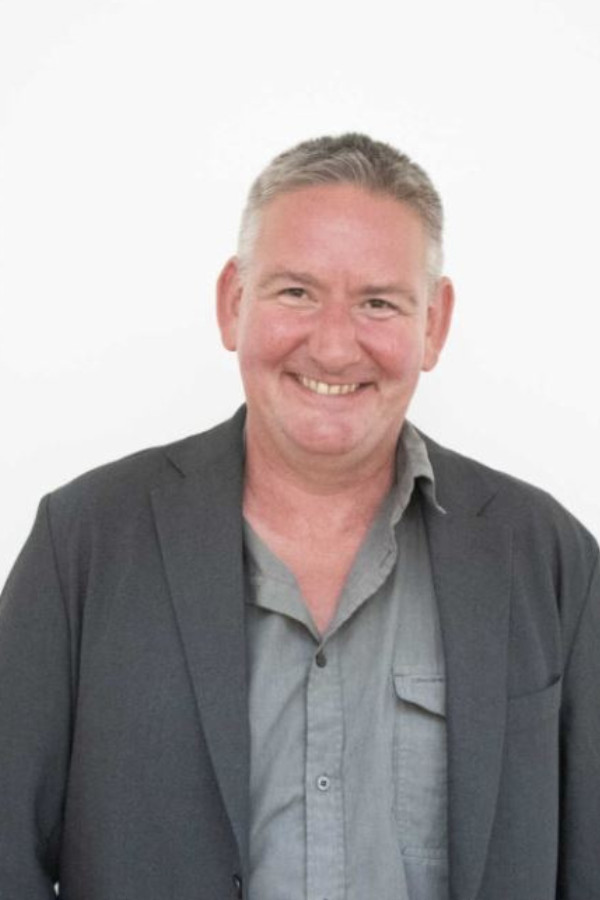
Re-imagining the Commons: Volunteering as a practice of global solidarity from teams and Dunston Gateshead (UK) to the globe
Think piece authors: Christine Frazer, Community Bridgebuilder at Bensham Grove Community Centre and Neil Denton, Independent Community Mediator, Professor in Practice in the Institute of Hazard, Risk and Resilience at Durham University
The civil society of the future will not be built in conference halls alone. It will be brewed over tea in repurposed mills, whispered in solidarity via WhatsApp, and taught through first-aid courses in community centres. It will be shaped by the ethic of commoning—of shared care, collective power, and radical love.
Civil society has become increasingly professionalised and institutionalised, leading to a disconnection from the very communities it aims to serve. It is no longer sufficient to address the complexity of today’s interconnected crises. It is broken. We believe now is the time for re-design, rather than repair.
Inspired by the other wisdoms like Sumak Kawsay, Ubuntu, and Vasudhaiva Kutumbakam, we argue for a radical reimagining of volunteerism that mobilises empathy, decentralised power, and community co-creation—building a more humane, just, and interconnected world.
Communing is a living, relational practice of co-creating and caring for shared life. Commoning is a verb, not a noun. It is engagement based on mutual care, distributed leadership, and emergent trust.
Ta-Da! (Teams And Dunston Alive)
In Gateshead, UK, one such model has quietly taken root. The TADA initiative, funded by the Ballinger Trust, offers a compelling case study of what commoning can look like in action. Described by one resident, Barry, as ‘a big living room with lots of people I never knew lived here’, TADA is grassroots, place-based, person-led, and trust rich. It is not a charity or a service. It is a community in motion—responding, adapting, and building with what it has. Over four years, TADA has tackled high unemployment, drug overdoses, literacy gaps, and rising suicide rates. But the most important interventions have not come from institutions—they’ve come from interpersonal relationships.
Tragedy
Following a drug-related death at a community centre, residents organised training in naloxone administration, hosted educational talks with Recovery Connections, and created drug-free music evenings. As David, a local resident, put it: ‘They may not look like me, or behave in the same way as me, but at the very least we can show compassion and understanding.’ David’s words recall Sumak Kawsay—a Kichwa concept of Buen Vivir or ‘good living’, premised on reciprocity, ecological harmony, and collective participation. Here, volunteering becomes a form of relational preparedness. Not charity, but compassion in action.
Solidarity
In response to recent riots in nearby cities, fuelled by far-right anti-immigration rhetoric, a local charity for asylum seekers issued a plea for messages of care. Over 300 WhatsApp messages and voice notes were sent within 24 hours—small acts of resistance, human-to-human gestures that affirmed: You are not alone. Such acts resonate with Vasudhaiva Kutumbakam, a Sanskrit phrase meaning ‘the world is one family.’ It is not merely symbolic. It is strategic—not in scale, but in soul.
Space and ritual
Local women have repurposed the old wood mill in Dunston into a Saturday sanctuary. They blend teas, forage for herbs, and teach schoolchildren about the land. Mary, one of the women involved, reflects: ‘We started this to join together around tea and have supported local women through domestic violence, addiction and sexual assault. The network we have created and built with love will last us a lifetime.’ This is commoning as healing. The mill is no longer just infrastructure; it is a living ecosystem of shared knowledge, emotional safety, and gendered resilience. It mirrors the African ethic of Ubuntu: I am because we are.
Principles for Global Volunteering as Commoning
As civil society practitioners, the Gateshead example invites us to rethink the architecture of volunteering on a global scale. What if international volunteering mirrored these grassroots principles?
Key strategies to harness volunteering as a tool for trust-building and solidarity include:
- Decentralising leadership: Let communities determine their own needs, timelines, and responses.
- Relational accountability: Build long-term trust, not short-term outcomes. What matters is who stays when the funding ends.
- Intersectional inclusion: Ensure that volunteering spaces welcome people across lines of class, race, gender, ability, and immigration status.
- Capacity sharing: Prioritise training, co-learning, and intergenerational knowledge exchanges.
- Civic imagination: Encourage arts, storytelling, and culture as vehicles for collective action.
Civil society, in its truest form, is not an industry. It is a commons. To reclaim its potential, we must move away from top-down delivery models toward decentralised, mutualist structures. Volunteering, when embedded in everyday life, becomes the civic muscle that strengthens our collective resilience.
We invite practitioners, policymakers, and volunteers alike to reimagine volunteering not as a service, but as a practice of belonging. Only then can we meet this moment—not as fragmented actors, but as a global community in common cause.

Christine Frazer is a Gateshead Community Bridgebuilder based at Bensham Grove Community Centre in the Northeast of England. She works with communities in Gateshead and Newcastle upon Tyne to empower residents and strengthen engagement. She currently leads a grassroots enquiry into devolving decision-making in marginalised communities, aiming for more inclusive governance. Christine partners with the Relationships Project, sharing insights on relational approaches in community work. Her focus on collaboration and relationship-building fosters strong local connections, while her commitment to challenging systemic barriers drives meaningful change, ensuring community voices are heard and needs addressed.

Neil Denton helps communities in conflict to find ways to reduce violence, increase justice, solve real life problems and strengthen human relationships. He is an Independent Community Mediator, an Associate with the Relationships Project, and a Professor in Practice with the Institute of Hazard, Risk and Resilience, University of Durham, UK, who specialises in conflict transformation. He works to find ways that place communities at the heart of our thinking and doing, and to explore and demonstrate how the principles and practices of conflict transformation can be beneficial to disaster prevention, response and recovery.
